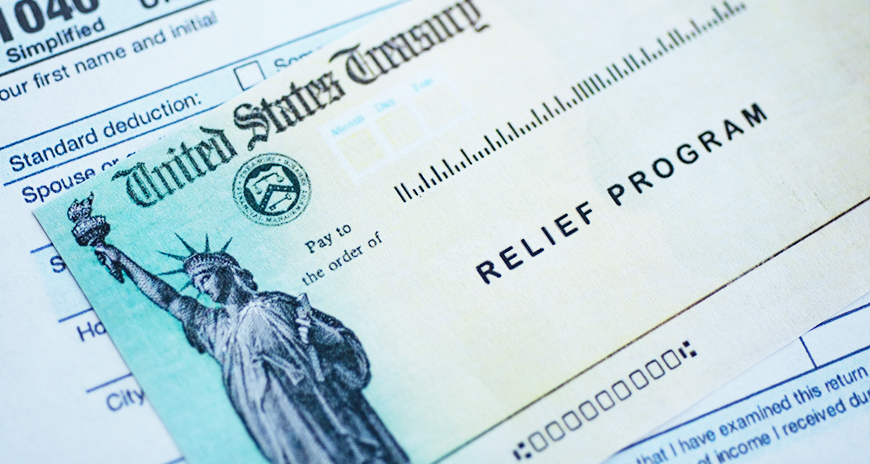free consulation
why choose us
Your Tax Relief Is
Our Reputation
Penelty Abatement
It allows a first-time noncompliant taxpayer to request abatement of certain penalties for a single tax period.
Negotiate With IRS
It is possible to negotiate with the IRS by yourself, however, we wouldn’t recommend it - Especially If you owe more than $10,000 or you’re facing a tax audit.
Partial Pay Agreements
Similar to a regular installment agreement where you make monthly payments to the IRS for taxes owed. However, you are only paying back part of the taxes you owe over time.

